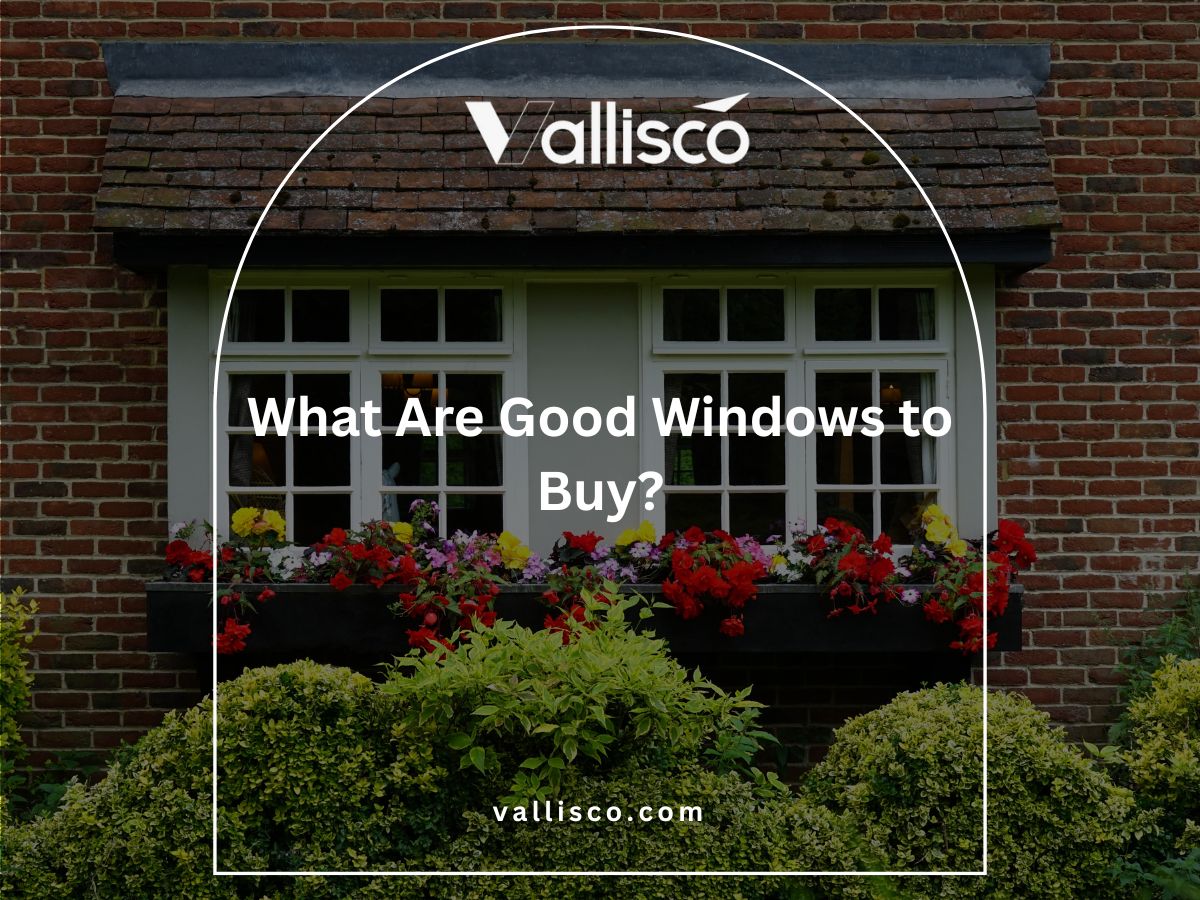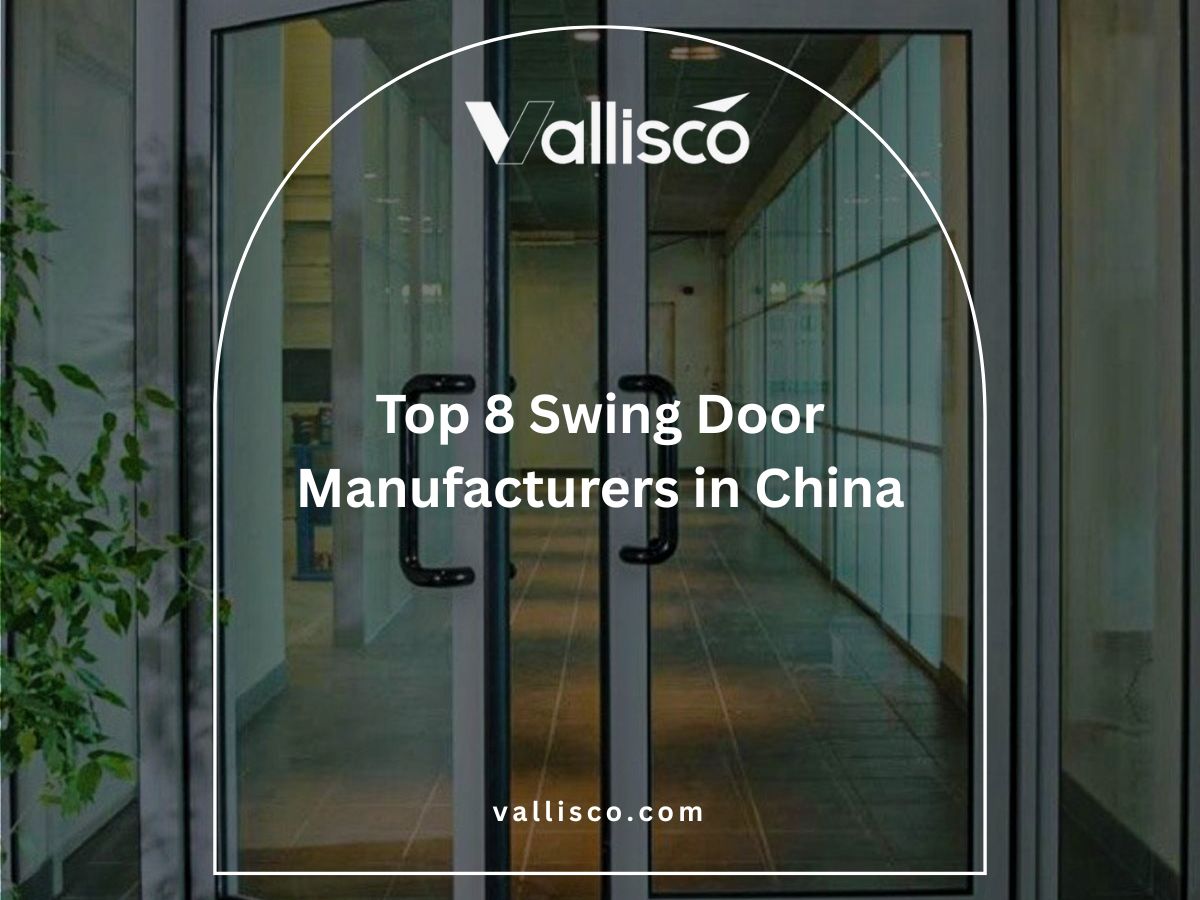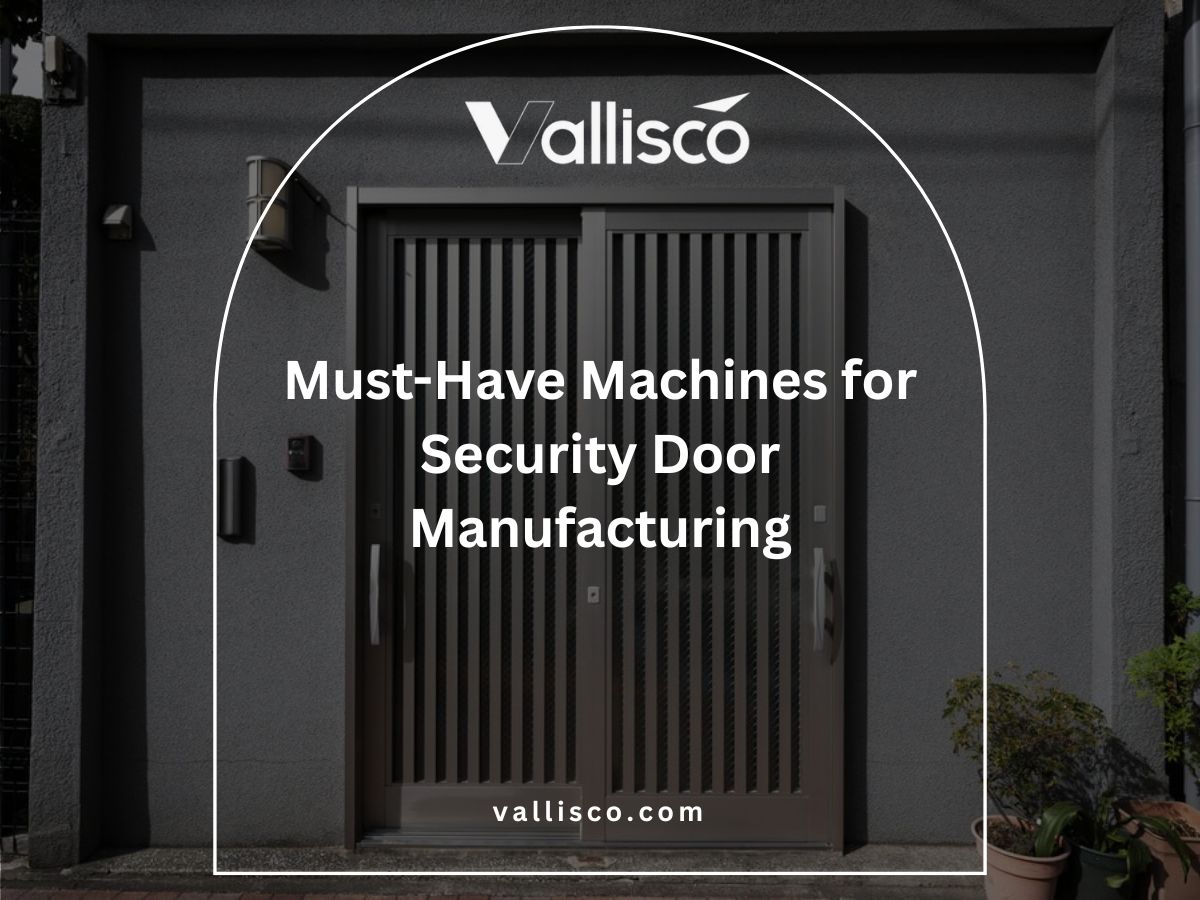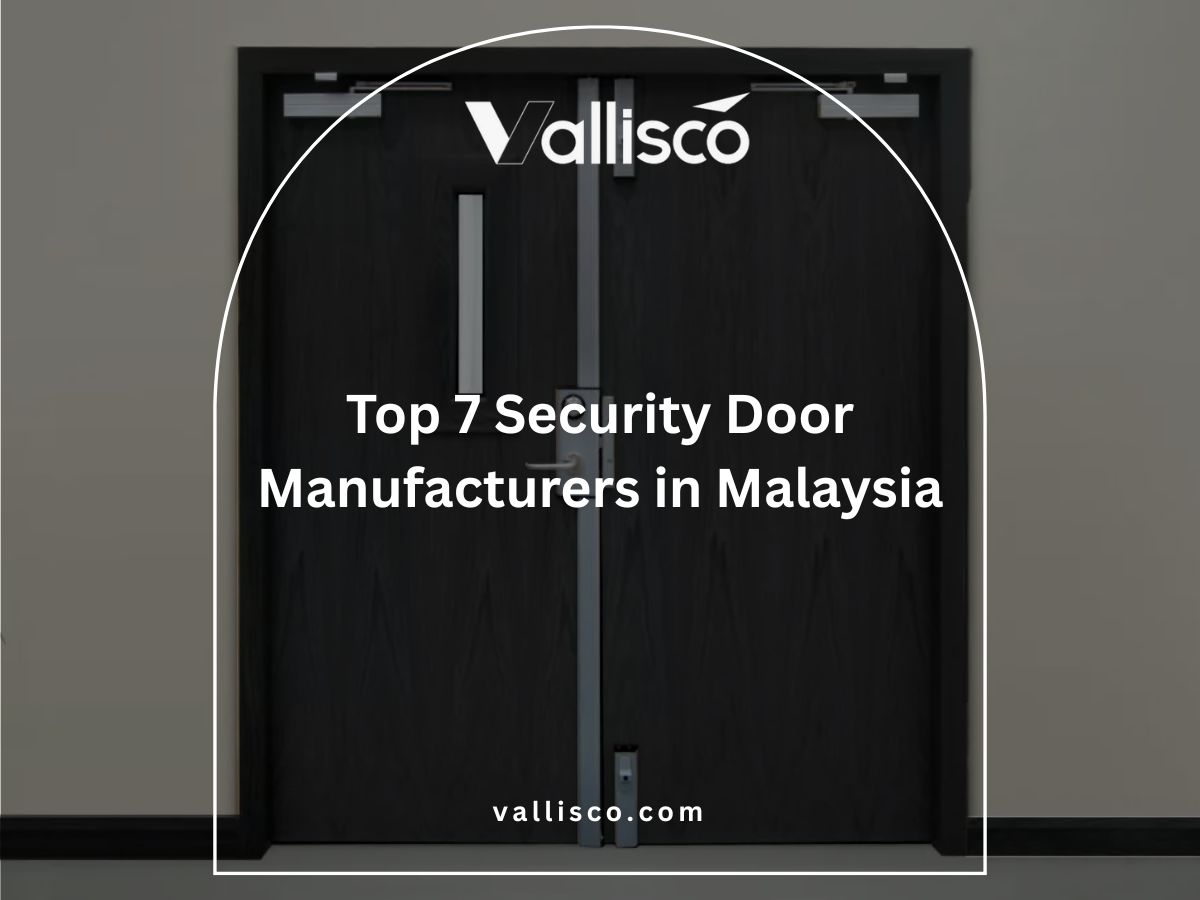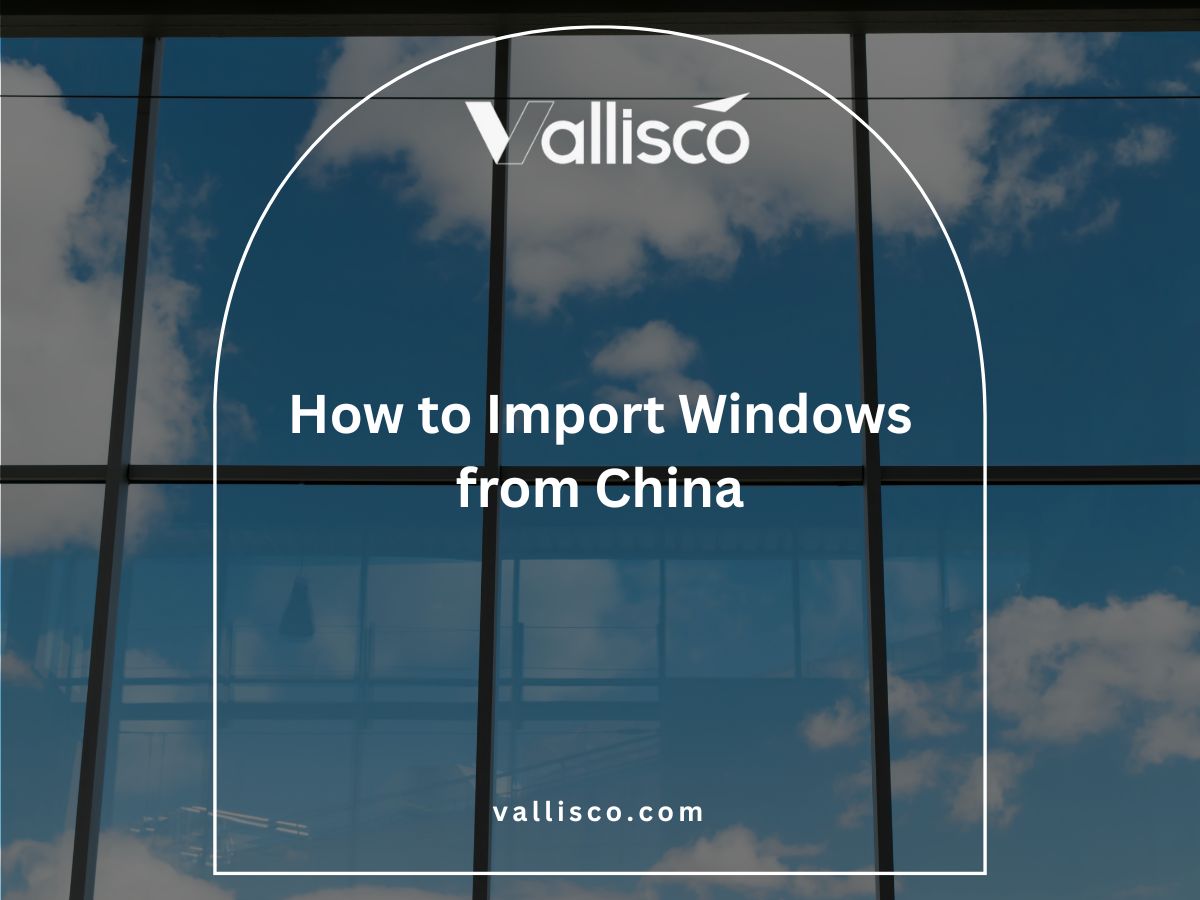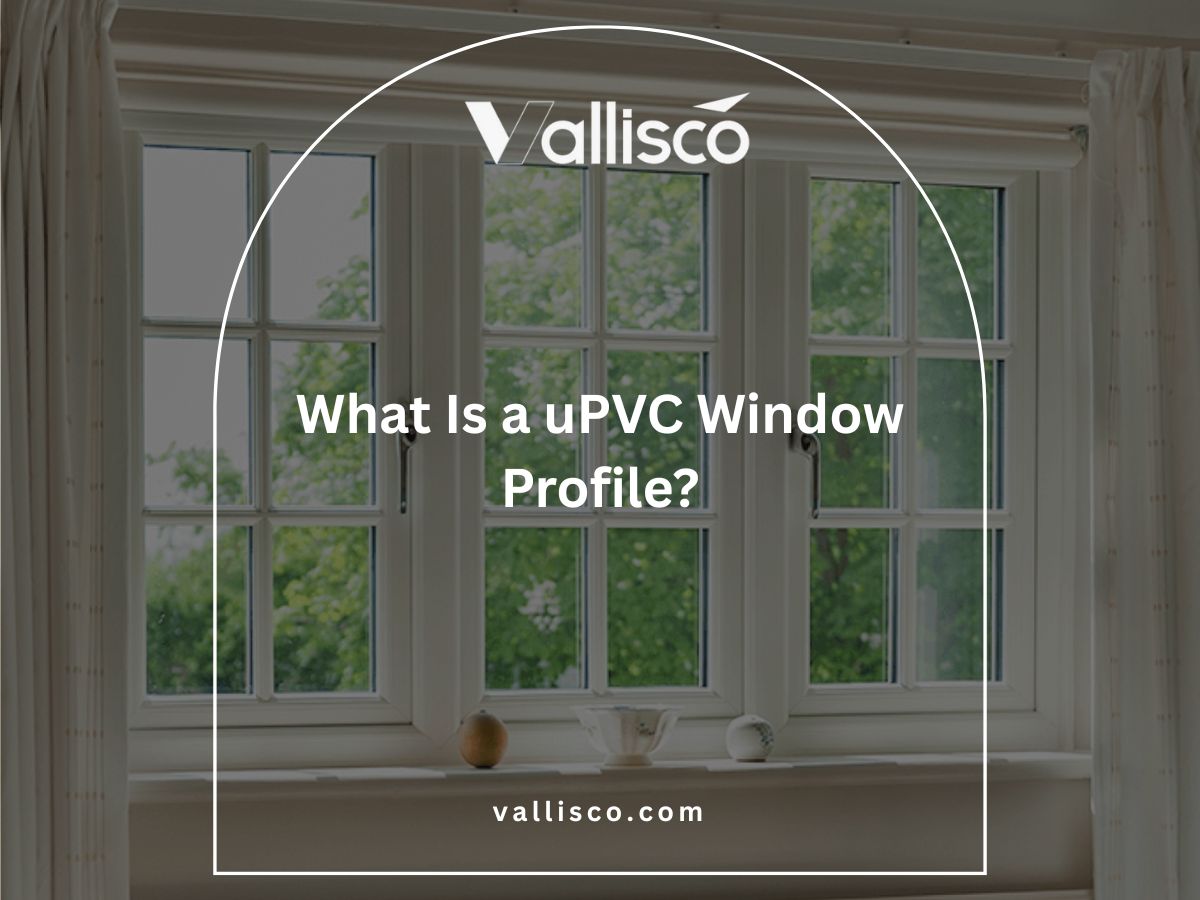I remember the first time I had to choose doors for a hotel project half the team wanted aluminum, the other pushed for wood. I went with uPVC, and it turned out to be the most practical choice.
That decision taught me that door selection is rarely simple, but the right choice saves money and stress in the long run.
I’ve spent years working with villas, inns, and B&Bs, helping owners and engineers make better decisions about doors. My experience showed me what works in real-world conditions, not just in catalogs.
This guide will give you a full picture of commercial uPVC doors how they perform, where they fit best, and what you should check before buying. By the end, you’ll have the clarity you came looking for.
Doors may sound ordinary, but the right ones can change how a building works day to day.
So let’s begin!
1. What Is a Commercial uPVC Door?
A commercial uPVC door is made from unplasticized polyvinyl chloride, which is a strong form of plastic. Unlike wood, it will not swell in humidity, and unlike metal, it will not rust. That combination makes it a practical choice for busy spaces. I’ve seen them installed in hotels and villas where both durability and appearance mattered, and they often held up better than expected.
These doors are built differently from regular household options. They are heavier, often reinforced, and designed to handle more use. Many businesses choose them because they reduce outside noise and require very little maintenance over time.

2. Advantages of uPVC Doors in Commercial Spaces
When you manage a commercial property, doors are more than just entry points. They affect safety, comfort, and long-term costs. uPVC doors stand out because they balance durability, efficiency, and convenience in ways that directly support your business.
Durability and Longevity
uPVC, or unplasticized polyvinyl chloride, does not rot, rust, or corrode. That makes it reliable in places where wood might swell or metal might break down. If your property is exposed to rain, humidity, or even salty air, these doors keep their strength without constant replacement.
Energy Efficiency
A big advantage is insulation. Vallisco uPVC designs reduce heat transfer, helping stabilize indoor temperatures. For a hotel or villa, this means lower bills for air conditioning and heating, with noticeable savings over time.
Low Maintenance
You do not have to repaint or polish these doors. A quick wipe with water is often enough to keep them clean. For busy spaces like inns or guesthouses, that means staff can focus on guests instead of upkeep.
Security
Multi-point locking systems add extra protection compared to a single lock. Some models also provide fire resistance, which is important in commercial safety planning. With these features, you can feel more confident about protecting both people and property.
Sound Insulation
Noise control is often overlooked until guests start complaining. uPVC doors help reduce outside sounds, whether it is traffic, nightlife, or busy lobbies. For hotels and B&Bs, that quieter environment improves guest satisfaction.
3. Types of Commercial uPVC Doors
Commercial spaces come in many shapes and functions. The type of door you choose should match both the style of the building and the way people use it every day. uPVC doors are versatile, and you’ll find several styles designed to fit different needs.
Sliding uPVC Doors
Sliding doors move sideways on a track instead of swinging open. They are practical for spaces where every inch counts. Hotels often use them for balcony access, villas prefer them for large terraces, and greenhouses benefit from the open feel they provide. Because they glide rather than push into a room, they save space while still offering wide openings.
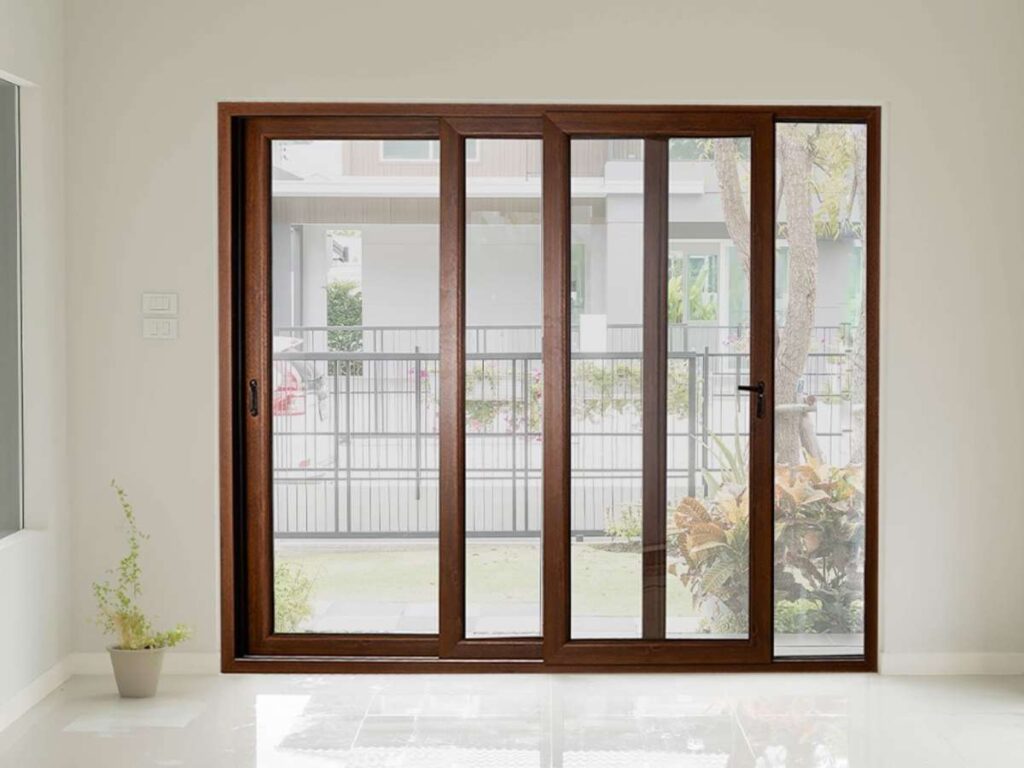
French or Patio uPVC Doors
French doors, sometimes called patio doors, open outward or inward with two panels. They bring in more light and give a sense of openness. Villas and boutique B&Bs often choose them because they add elegance while still being functional. For inns with courtyards or garden access, they create a welcoming look that blends style with practicality.

Casement uPVC Doors
Casement doors are simple and hinged at the side, much like a traditional door. They are reliable for everyday use and often appear in offices, service areas, or as back entries in commercial spaces. If you want something straightforward without compromising on strength, this type is worth considering.
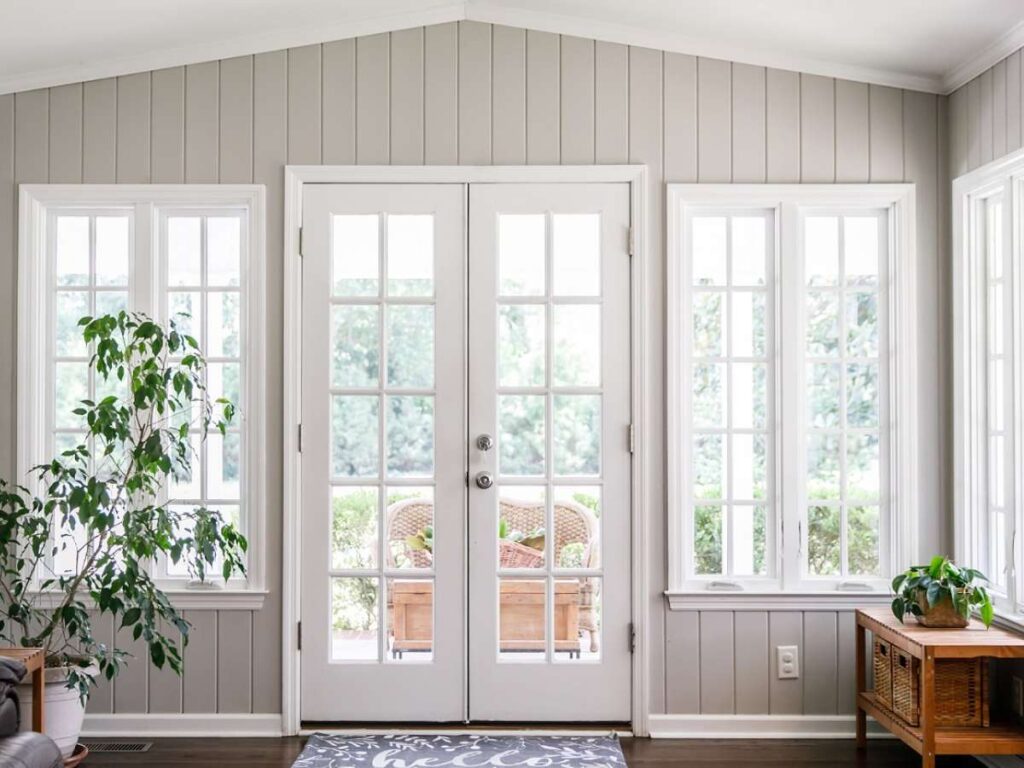
Bi-Fold uPVC Doors
Bi-fold doors fold back in sections, allowing large areas to open up fully. They are ideal for banquet halls, resorts, and even greenhouses that need wide, flexible access. This style makes it easy to connect indoor and outdoor spaces, which is why they are popular for events and hospitality settings.
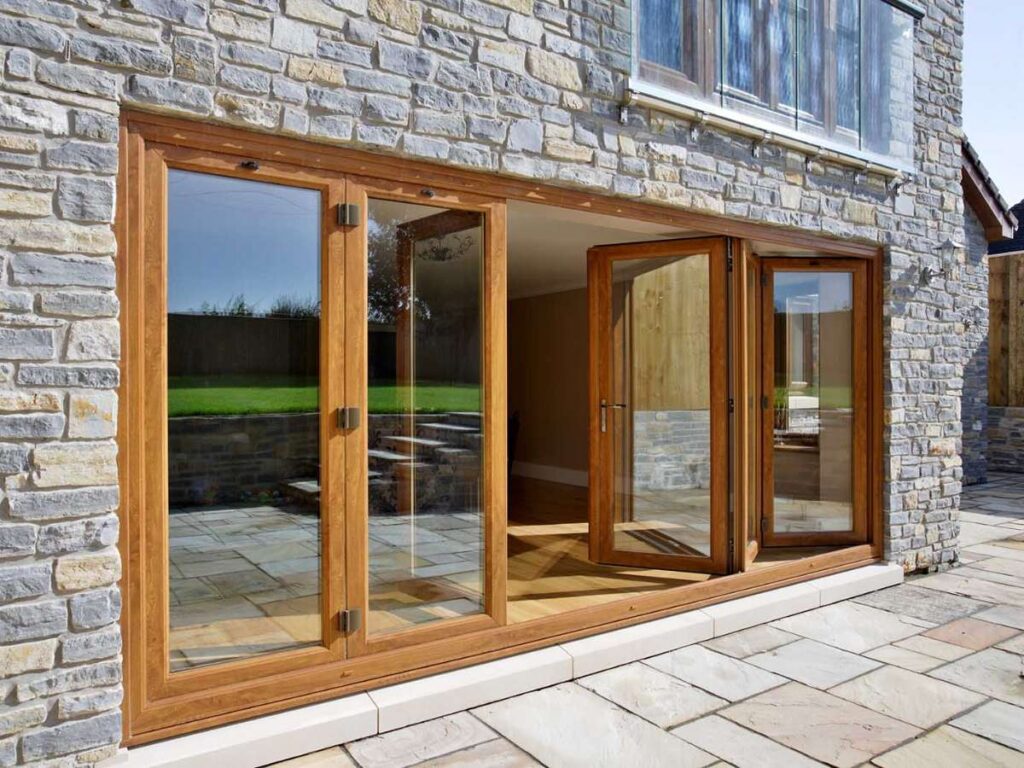
4. Key Performance Factors to Look For
When you’re investing in commercial uPVC doors, it helps to have a clear checklist. The right door should do more than open and close. It should support safety, comfort, and appearance in ways that make daily operations easier.
Here are the factors worth paying attention to before you decide.
- Security Features: Look for strong frames that can handle heavy use without bending. Advanced locking systems such as multi-point locks add extra protection by securing the frame at several points. This is especially important in hotels, villas, and guesthouses where safety is a daily concern.
- Weather Resistance: uPVC naturally resists rain and moisture, but added protection against UV rays and strong winds is key for long-term use. Doors that hold up against direct sunlight or harsh storms keep their appearance and function intact, even in demanding climates.
- Energy Efficiency: Heating and cooling costs can add up quickly in commercial spaces. Doors with double or triple glazing improve insulation by limiting heat transfer. Glazing refers to the number of glass layers, and more layers mean greater energy savings over time.
- Sound Insulation: Noise control often gets overlooked, but it’s critical for comfort. uPVC doors help block outside noise, making them ideal for hotels on busy streets or inns close to nightlife. A quieter environment creates a better experience for guests.
- Ease of Maintenance: These doors don’t need painting or polishing. A quick wipe with water keeps them clean, saving staff time and effort. For busy properties, less upkeep means fewer disruptions and lower maintenance costs.
- Aesthetic and Design Options: Commercial uPVC doors come in a wide range of colors, finishes, and textures. You can match them to your building’s look without losing out on durability. For villas or boutique B&Bs, design plays a big role in setting the right impression.
By keeping these factors in mind, you’ll feel more confident choosing doors that work for both your property and your guests.
5. uPVC vs Aluminum vs Other Door Materials
When you are choosing doors for a commercial property, it often comes down to comparing materials. Each option has strengths and trade-offs. Some cost less upfront but require more maintenance, while others last longer but may feel less comfortable in daily use.
By looking at these side by side, you can decide which material fits your property best.
| Material | Cost | Strength and Durability | Insulation and Comfort | Maintenance and Care | Best Use Cases |
| uPVC | Affordable, lower than aluminum or steel | Strong frames, resistant to rot and corrosion | Excellent insulation, keeps rooms comfortable | Very low maintenance, easy to clean | Hotels, villas, B&Bs, greenhouses |
| Aluminum | Higher cost than uPVC | Very strong, lightweight, long lifespan | Poor insulation unless thermal break is added | Low maintenance, but can dent or scratch | Offices, modern villas, large storefronts |
| Wood | Mid to high cost depending on quality | Can warp, swell, or rot if not treated properly | Good insulation, natural comfort feel | High maintenance, needs repainting or sealing | Boutique inns, villas, heritage properties |
| Steel | Expensive upfront | Extremely strong but heavy, may corrode if untreated | Moderate insulation unless paired with glazing | Needs protective coating, prone to rust | Industrial sites, warehouses, high-security areas |
If you want less stress, easy cleaning, and lower costs, uPVC might be the better fit. But if you’re after a specific look or size, one of the others could work better.
There’s no one “best” choice it just depends on what matters most for your space.
6. Installation Considerations & Maintenance Tips
Installing commercial uPVC doors is more than just setting them into place. Proper fitting and regular upkeep are what keep them performing well year after year.
Installation Factors
Getting the installation right is critical for both performance and safety. A well-fitted door saves you from drafts, poor locks, and costly fixes later.
- Accurate Measurement: Always measure the door opening carefully before ordering. Even small errors can lead to doors that don’t fit properly and waste energy.
- Professional Fitting: Work with experienced installers who know how to handle commercial-grade doors. They will align the frame, seal it correctly, and prevent air leaks.
- Sealing Against Air Leaks: Gaps around the frame reduce insulation and weaken security. A proper seal also improves comfort inside the property.
- Compliance With Building Codes: Local codes often require specific safety features, especially for hotels or public spaces. Following these rules avoids penalties and improves safety.
Maintenance Tips
Once installed, uPVC doors are easy to maintain. A few simple habits will extend their lifespan and keep them looking professional.
- Regular Cleaning: Use mild soap and water to clean frames and glass. Avoid strong chemicals because they can damage the surface.
- Check Moving Parts: Inspect locks, hinges, and handles several times a year. Tighten or oil them if they feel loose or stiff.
- Track Care for Sliding Doors: Dirt and debris in the tracks can cause sliding doors to jam. Cleaning them often keeps the movement smooth.
- Sealant Repairs: Look out for cracks or gaps in the sealant. Fixing them early helps maintain insulation and energy savings.
By focusing on correct installation and consistent maintenance, you get reliable performance and a longer service life from your commercial uPVC doors.
7. How to Choose a Reliable uPVC Door Supplier
Finding the right supplier matters as much as choosing the right door. Even the best product will not deliver results if the supplier cannot provide consistency, service, and long-term support. By focusing on a few key factors, you can avoid problems later and feel confident in your choice.
Certifications and Standards
Start by checking certifications. Look for international or local standards such as ISO or CE, which show that the products meet recognized quality levels. A supplier who invests in certifications is often more committed to reliable performance. For commercial spaces like hotels and villas, these standards give you confidence that the doors can handle heavy use.
After-Sales Service
Good suppliers stay connected after the sale. This can include warranties, repair services, and responsive customer support. You want a partner who is easy to reach when questions come up. For example, companies like Vallisco are known for offering clear warranty coverage and accessible support, which gives businesses peace of mind.
Supplier Reputation
Reputation tells you more than a brochure ever can. Look into reviews, ask for case studies, and check their track record with commercial projects. A supplier with experience in villas, hotels, and greenhouses already understands the challenges of these properties. This background can save you time and prevent mistakes during installation or maintenance.
8. Buying Tips for Business Owners
Before you make a final decision on uPVC doors, it helps to step back and plan carefully. A little preparation saves money and avoids headaches down the line. Here are some tips that can guide you through the process.
- Set a Realistic Budget: Think beyond the upfront price tag. A slightly higher investment often pays off with lower energy bills, less maintenance, and longer service life.
- Balance Cost and Value: Cheaper doors may look good at first, but they can wear out faster. It’s better to choose an option that lasts and keeps your property professional-looking for years.
- Focus on Customization: Match the door style to your brand image. Hotels, villas, and boutique B&Bs benefit from choosing colors, finishes, or designs that create the right impression for guests.
- Check Design Flexibility: Some suppliers offer wider options for glass panels, textures, or handles. These small details make the door feel like part of the building instead of an afterthought.
- Think About Future-Proofing: Look for designs that support sustainability goals. This could mean energy-efficient glazing or recyclable materials that reduce the property’s long-term footprint.
- Plan for Growth: If you expect to expand or renovate, choose doors that can be easily matched later. Consistency across all entries keeps your property looking coordinated and professional.
Conclusion
I began this guide by showing how one choice made the difference in a project I worked on. That lesson shaped everything in this list.
If you’re still guessing which supplier to trust, you don’t need to anymore.
From energy savings to durability, uPVC doors deliver value in villas, hotels, B&Bs, and greenhouses. We also looked at installation and maintenance, so you know what matters long term.
When you’re ready for doors that perform and look the part, Vallisco is here to help. Reach out today.
Learn More: Recommended Reads
Want to see more products? We’ve got plenty of options that might just be the perfect fit for you:
Still haven’t found what you’re looking for? Don’t hesitate to contact us. We’re available around the clock to assist you.


